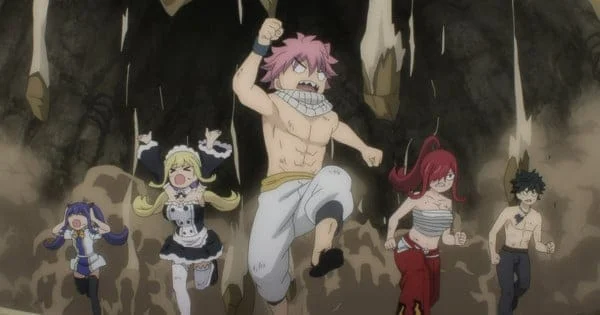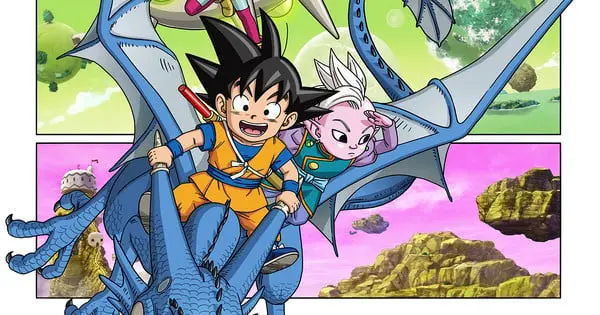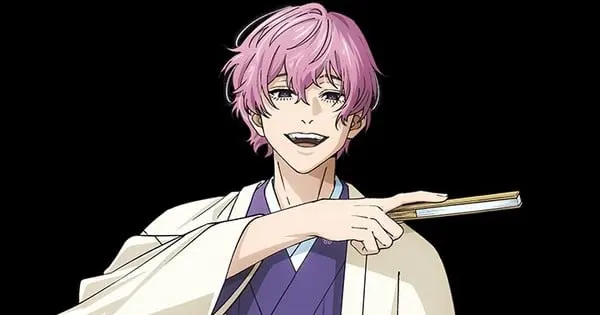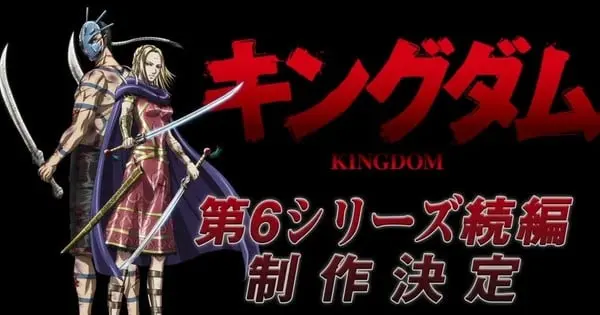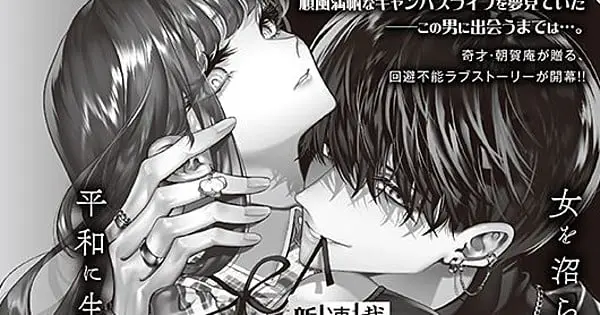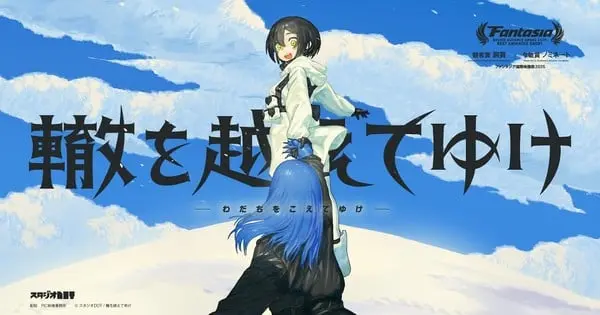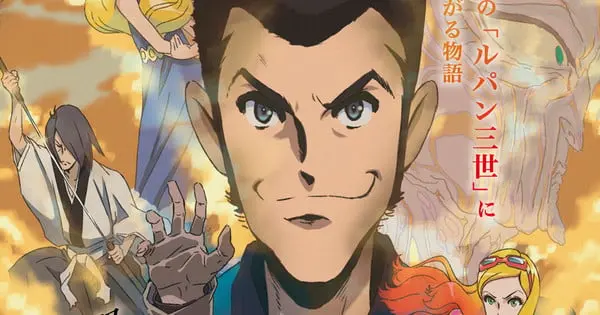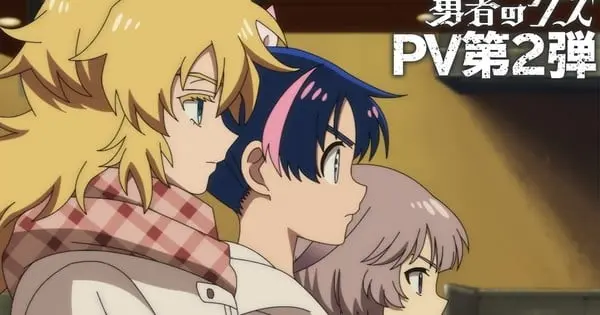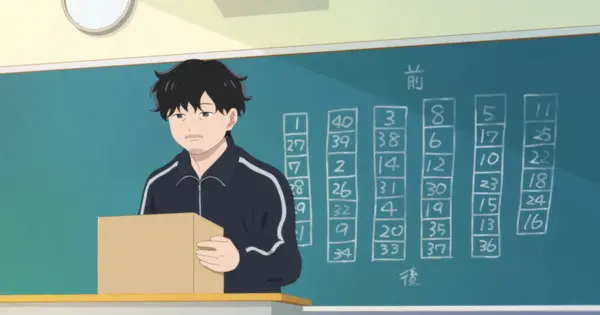Studio Dot’s critically acclaimed independent anime short, Beyond the Trail (original title: Wadachi o Koete Yuke), is slated for late-night theatrical screenings across Japan, commencing October 10. The 30-minute film will first debut for a limited one-week run at Tokyo’s Theatre Shinjuku, with subsequent screenings planned for other cinemas nationwide.
Premiere and Accolades at Fantasia Festival
Beyond the Trail garnered international attention with its world premiere at the prestigious Fantasia International Film Festival in Montreal on July 19. During its festival run, the short was nominated for the Satoshi Kon Award for Excellence in Animation and further distinguished itself by winning the Bronze Audience Award for Best Animated Short. This early recognition has built anticipation for its wider release.
A Passion Project Born from Independent Spirit
The anime short is a testament to independent animation, having been brought to life through a crowdfunding campaign. Studio Dot, established in 2022, is not a traditional corporate studio but rather a collective of approximately 100 high school students and working adults who collaborated online during the COVID-19 pandemic. This volunteer-driven effort underscores the film’s status as a “labor of love” within the independent anime scene.
Unveiling the World of Beyond the Trail
The narrative of Beyond the Trail is set in a desolate, snow-swept landscape ravaged by war. The story centers on three young women serving as soldiers, whose mission is to scour the frozen wastes for remnants of the “Iron Army,” described as eerie, formerly human flesh-weapons. A core aspect of the plot delves into the character of Esus, who is admired by her comrades but carries unhealed emotional wounds, with the vast, deadly expanse of snow holding keys to her pain and the war’s grim secrets.
Key Creative Minds Behind the Film
The independent production was helmed by Vab.png, who served as the director, scriptwriter, and a key animator for Beyond the Trail. CUZ contributed as the art director and color designer, while Shimauma was responsible for the color key artistry. The production efforts were handled by FutaMoku and Utsuro Ishinomaki, with CloA and Massy managing the compositing as directors of photography, and Shunpei Yokoyama overseeing audio recording and engineering.

